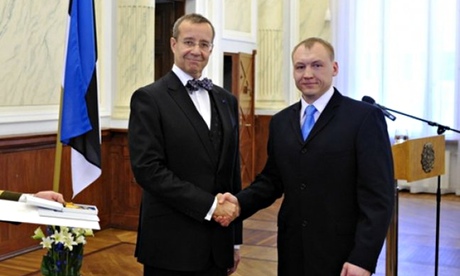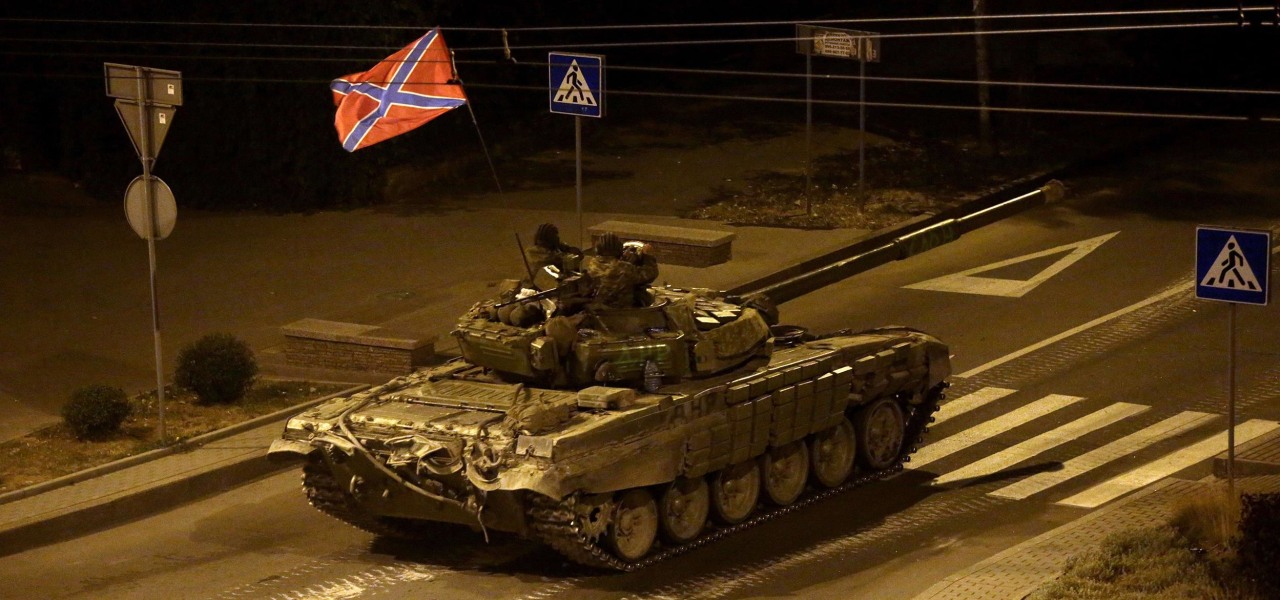By Kathryn Maureen Ryan
Managing Editor Impunity Watch
BRUSSELS, European Union – 700 refugee’s fleeing Africa for Europe are feared dead in the Mediterranean after two separate shipwrecks last week. the International Organization for Migration (IOM) fear the refugees likely drowned in the Mediterranean which would bringing the death toll for Mediterranean crossing deaths to nearly 3,000, making 2014 the deadliest year on record for refugees making the dangerous water crossing from North Africa to the shores of southern Europe.

The most recent shipwreck occurred of the cost of Libya where a ship crammed with as many as 250 African emigrants sank. The Libyan navy said that while 26 people survived the shipwreck most of the migrants are feared dead. Four days later, on September 10th a ship carrying hundreds of migrants was sank off the cost of Malta by traffickers in the region. As many as 500 migrants ae believed to have died after traffickers rammed their ship off of the cost of Malta last week. The victims were Syrians, Palestinians, Egyptians and Sudanese refugees hoping to find safe haven in Europe. Only nine people survived the incident, two of the survivors testified that the trackers ordered the migrants to change vessels in the middle of the Mediterranean Sea. According to the testimony, when the migrants refugee the traffickers confronted the ship and rammed into the migrant’s vessel.
The ship had left Damietta, Egypt for Europe on Saturday September 6th and sank after being rammed by traffickers on September 10th. “In all, nine people survived and were picked up boats,” Berthiaume said. IOM officials interviewed two Palestinian survivors who were taken to Sicily, Italy, while other survivors were taken to Malta and to Crete, Greece, IOM Spokesperson Christiane Berthiaume said.
According to the IOM, after the boat sank, the survivors spent a day fighting for their lives in open water. According to the two survivors who testified, both of whom Palestinian refugees, the victims were tried to hold on to life buoys to survive. One of the survivors was in a lifejacket while the other was holding onto one of the life buoys with other victims who did not survive. One of the survivors said that among the diseased was a young Egyptian boy who hoped to raise money in Europe to pay for his father’s heart operation.
The survivors say their ship was deliberately rammed because, fearing for their lives, the refugee refused to leave the ship under the orders of the human trafficking vessel. “If this story, which police are investigating, is true, it would be the worst shipwreck in years… not an accident but a mass murder, perpetrated by criminals without scruples or any respect for human life,” IOM said in a statement Monday.
For more information please see:
CBS News – 700 Feared Dead In Mediterranean Boat Wrecks – 15 September 2014
The Guardian – Migrant Boat Was ‘Deliberately Sunk’ In Mediterranean Sea, Killing 500 – 15 September 2014
Hindustan Times – Traffickers ‘Sink’ Ship Carrying Migrants in Mediterranean, 500 Feared Dead Off Malta Coast – 15 September 2014
Reuters – Over 500 Migrants Feared Dead After Human Traffickers ‘Deliberately Sank the Boat’ – 15 September 2014



